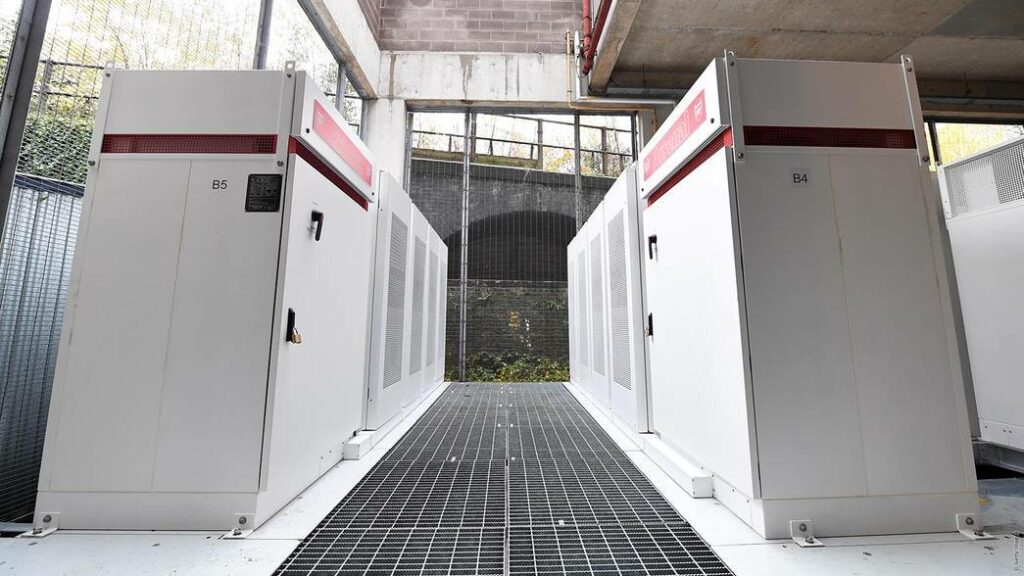Flexibility markets must be simple for stakeholders if the UK is to truly “unlock” the power of new energy technologies, the Energy Networks Association’s Open Networks Project has said.
The project, which aims to transform the way the country’s energy networks operate, has launched a new consultation aimed specifically at those nascent flexibility markets, intending to understand how network operators can best aid homeowners, businesses and communities benefit from them.
Having unveiled a landmark flexibility commitment late last year, network operators in the UK have been quick to embrace flexibility markets as a cost effective alternative to costly reinforcement works.
Earlier this week Western Power Distribution announced that it was seeking to procure more than 140MW of flexibility services through a regional tender programme, targeting areas of constraint, as it seeks to ramp up its own adoption of flexibility
Indeed, research compiled by the government’s National Infrastructure Commission has shown that a more flexible energy system could save consumers as much as £8 billion a year by 2030.
The ENA’s consultation also follows on from its recent ‘Six Steps for Delivering Flexibility Services’ document, and is seeking further detail on how those steps can be developed and used to bring together best practice guidelines and standardisation in the market place.
David Smith, chief executive of the Energy Networks Association, said that the launch of the consultation made a fundamental point regarding flexibility, that simpler is better.
Ease of access to flexibility markets for the widest possible range of people has to be right at the top of the agenda.
“That’s key so that Britain’s energy networks can access the deepest, most liquid flexibility markets possible to help connect more clean energy technologies to the grid at the lowest possible cost to the public, all whilst creating an environment that fosters the kind of smart energy innovation that Britain has become known for the world over.”
In addition to refining the six steps, the consultation is to narrow in on the end-to-end processes required when procuring flexibility services and the commercial arrangements that underpin them. While the work is expected to continue into next year, short-term changes are also being explored.
More information on the consultation, which is open until 23 August 2019, can be found here.





